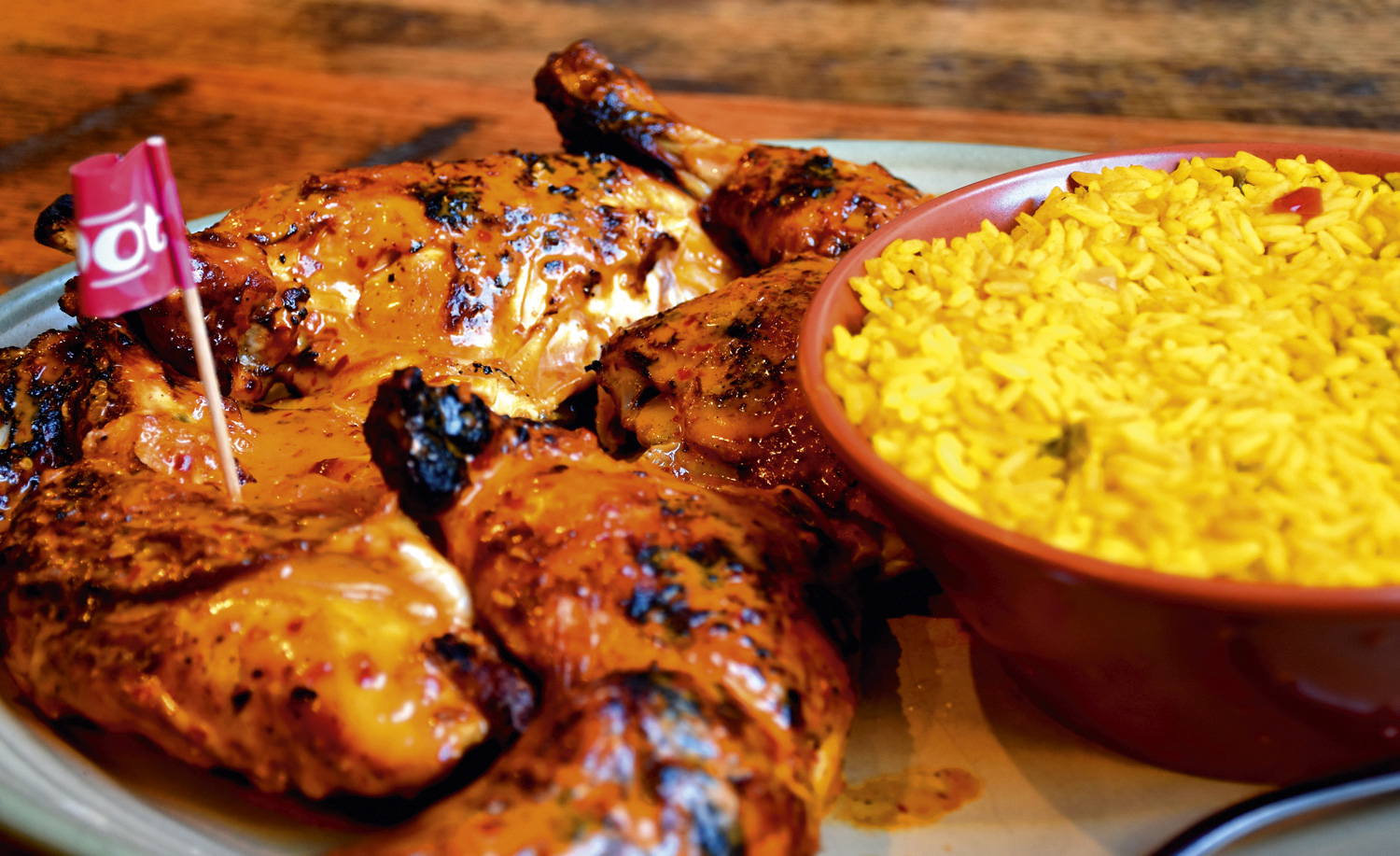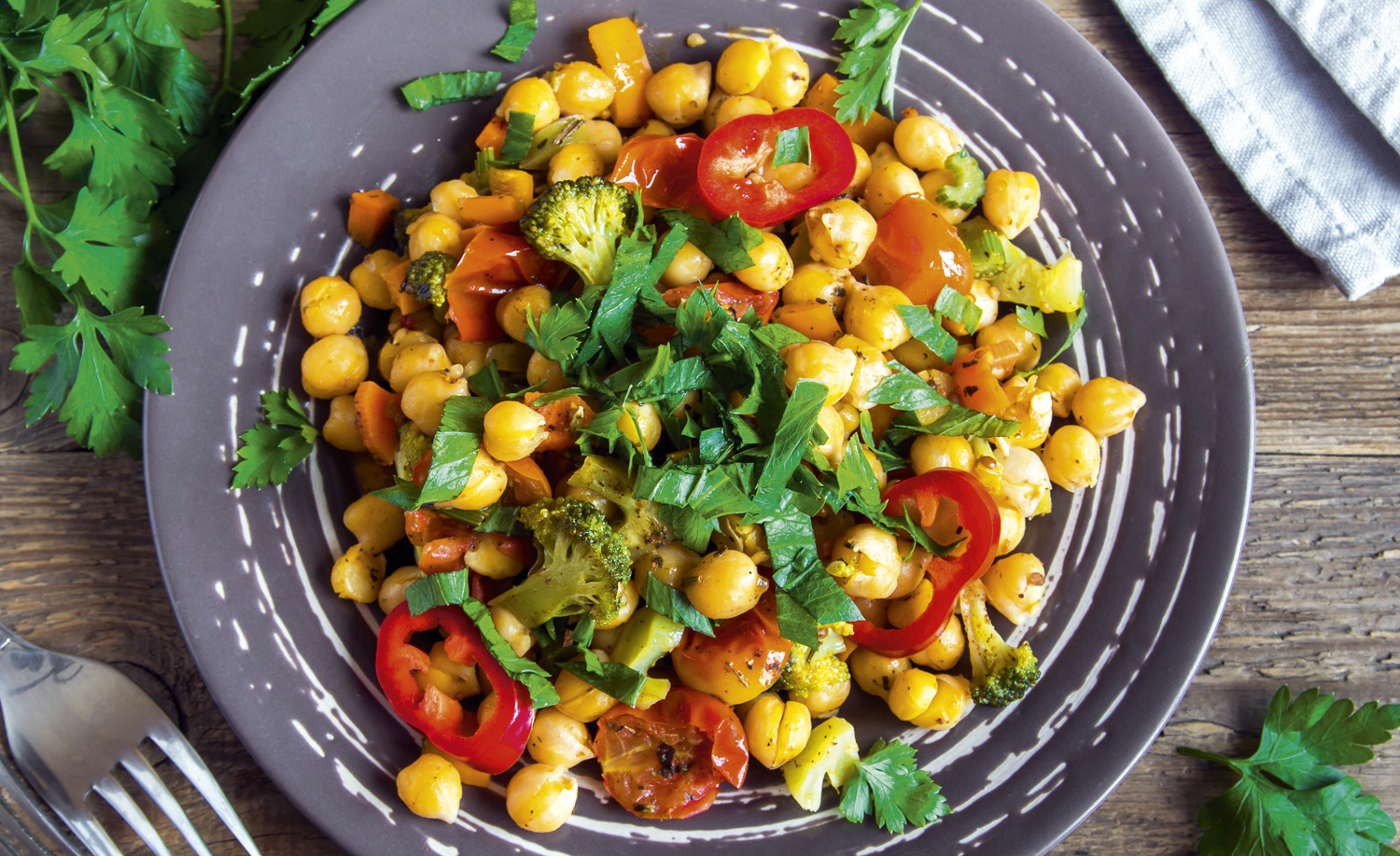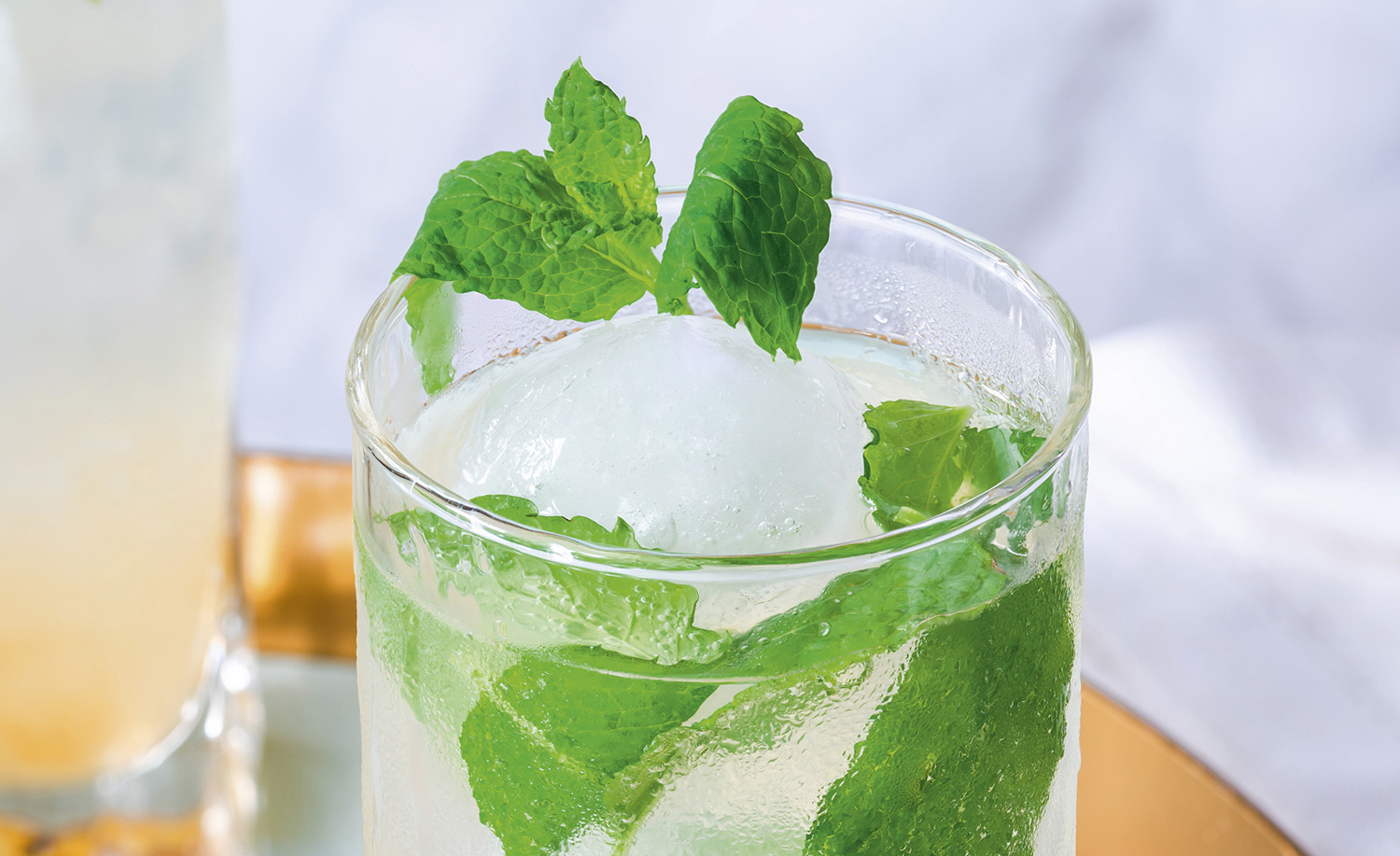Gluten-free diets: three fresh ideas for breakfast, lunch and dinner
Struggling to know what to serve for a gluten-free breakfast? Looking to branch out from gluten-free bread for lunch? Check out our new ideas
Halal is the Arabic word for ‘lawful’. The Halal Food Authority says: “Halal food means food procured, processed, and traded in compliance with Islamic Law.” Halal meat must be killed in a certain way and be blessed.
There are estimated to be 3.3m Muslims living in the UK so tapping into this market could be lucrative. If your venue is in an area with a large Muslim population, look into how you can get halal accreditation.
Many national chains in areas with a high Muslim population serve dishes made with halal meat. If you want to compete in this space, it’s worth looking at using halal meats when planning your menus. Consider offering both halal and non-halal to cater for Muslim and non-Muslim customers. However, it is important to make sure you cook and store them separately to avoid cross-contamination to the halal meat.


Offering a greater choice of vegetarian options means that you don’t necessarily have to offer halal meat options if you choose not to. All vegetarian dishes are suitable, however, be mindful that for non-meat dishes there are ingredients such as meat-derived gelatine and animal rennet (found in some cheese) that shouldn’t be used. If the ingredient is certified vegetarian and doesn’t contain alcohol, then it will be suitable for use in halal dishes.
As the halal diet excludes alcohol, soft drinks are a must on your menu. The thirst for exciting non-alcoholic drinks is growing in general, so there is no excuse for just a coke, lemonade and orange juice bar anymore. Consider adding premium mixers to your drinks menu that work well on their own such as elderflower tonic. Mocktails of any kind feel special and add interest and inspiration to your menu.

Sign in to save topics you love, and build your archive of events, menus and articles.